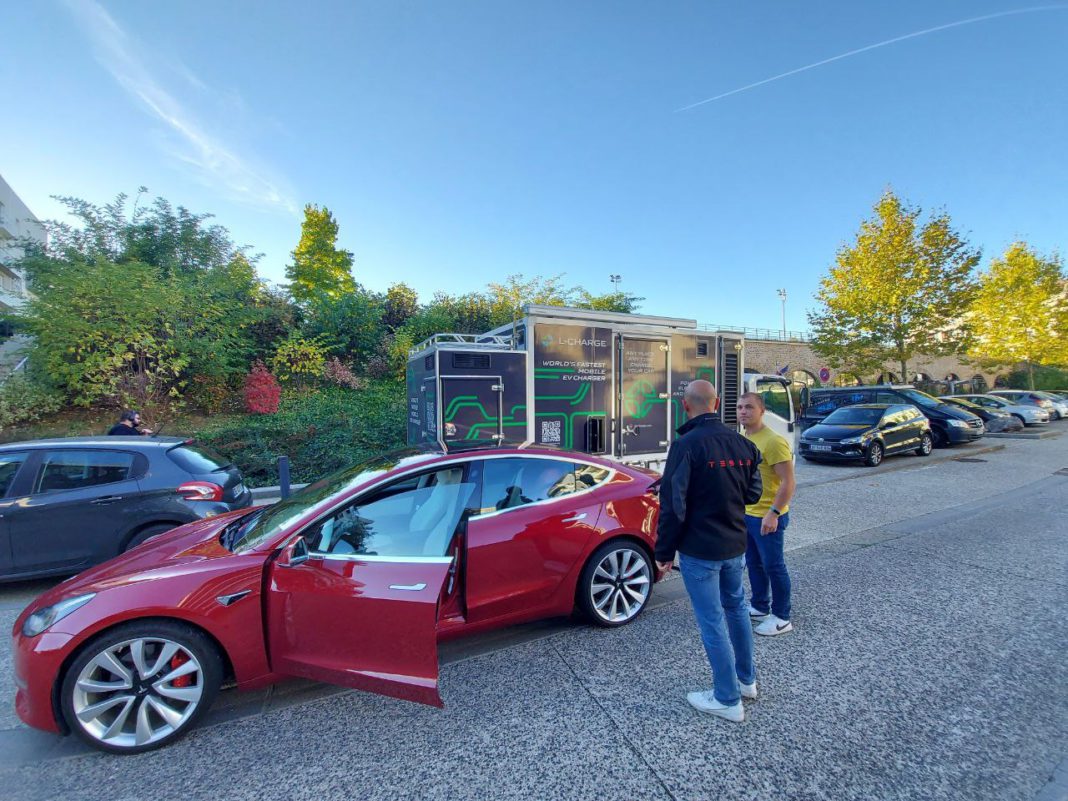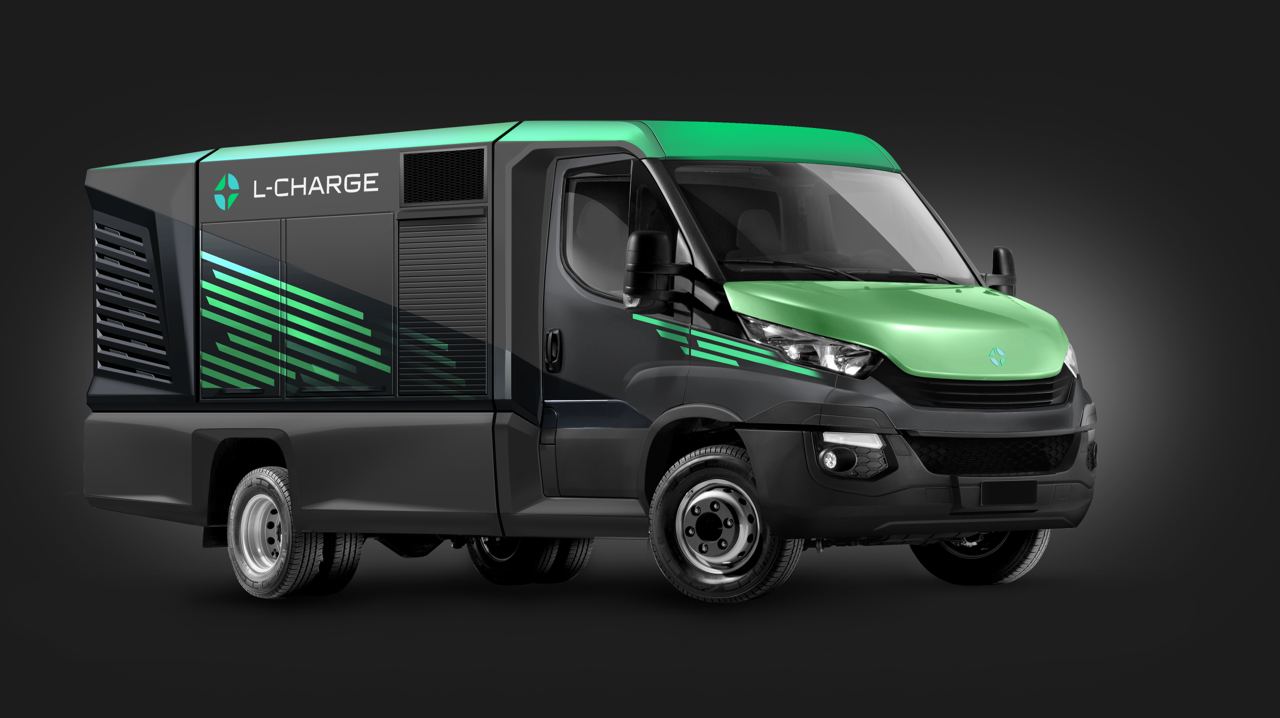60% of London’s EV users suffer from lack of charging infrastructure – survey shows

L-Charge private survey showed over 60% of London’s EV owners are not satisfied with the available charging infrastructure and are willing to pay an extra price for better availability and charging speed.
According to a survey, conducted by L-Charge, the EV-chargers manufacturer, only 34% of EV owners said they are completely satisfied with the existing charging infrastructure, the speed of charging, and the charging prices. Notably – over 90% of those who are satisfied have never experienced long-distance traveling on their EVs. More than 1000 EV owners participated in a survey.
While most electric vehicle (EV) owners primarily charge their vehicles at home, or public chargers they are not satisfied with the charging speed and availability of charging infrastructure: charging points are occupied most of the time because it takes hours to charge and also because many of those charging points are blocked by cars parked nearby. Owners’ ability to recharge their vehicle’s battery in any place is a key factor in the broader adoption of EVs, particularly among those who rely on a car as a primary means of transportation.
L-Charge, the super-fast off-grid EV-charger manufacturer, conducted a survey before its launch of on-demand service in London later in April-May 2022. 63,4% of those who participated in the survey have already subscribed for L-Charge service.
L-Charge mobile charger truck is a moving multifuel mini-power station, that could roam around the city and could be called when needed via the App the same as a taxi. It is also possible to book a charger truck to visit client’s car in advance at a pre-scheduled time. L-Charge’s mobile charger truck provides super-fast charging – from 0% to 80% in 10-15 minutes.
L-Charge CEO, Dmitry Lashin says “LNG/H2, that powers our EV-charger is the Fastest Source to Build Electric Vehicle infrastructure”. Dmitry highlighted: “63% of EV owners are forced to change their travel plans because of the lack of charging infrastructure. But they won’t anymore.”






